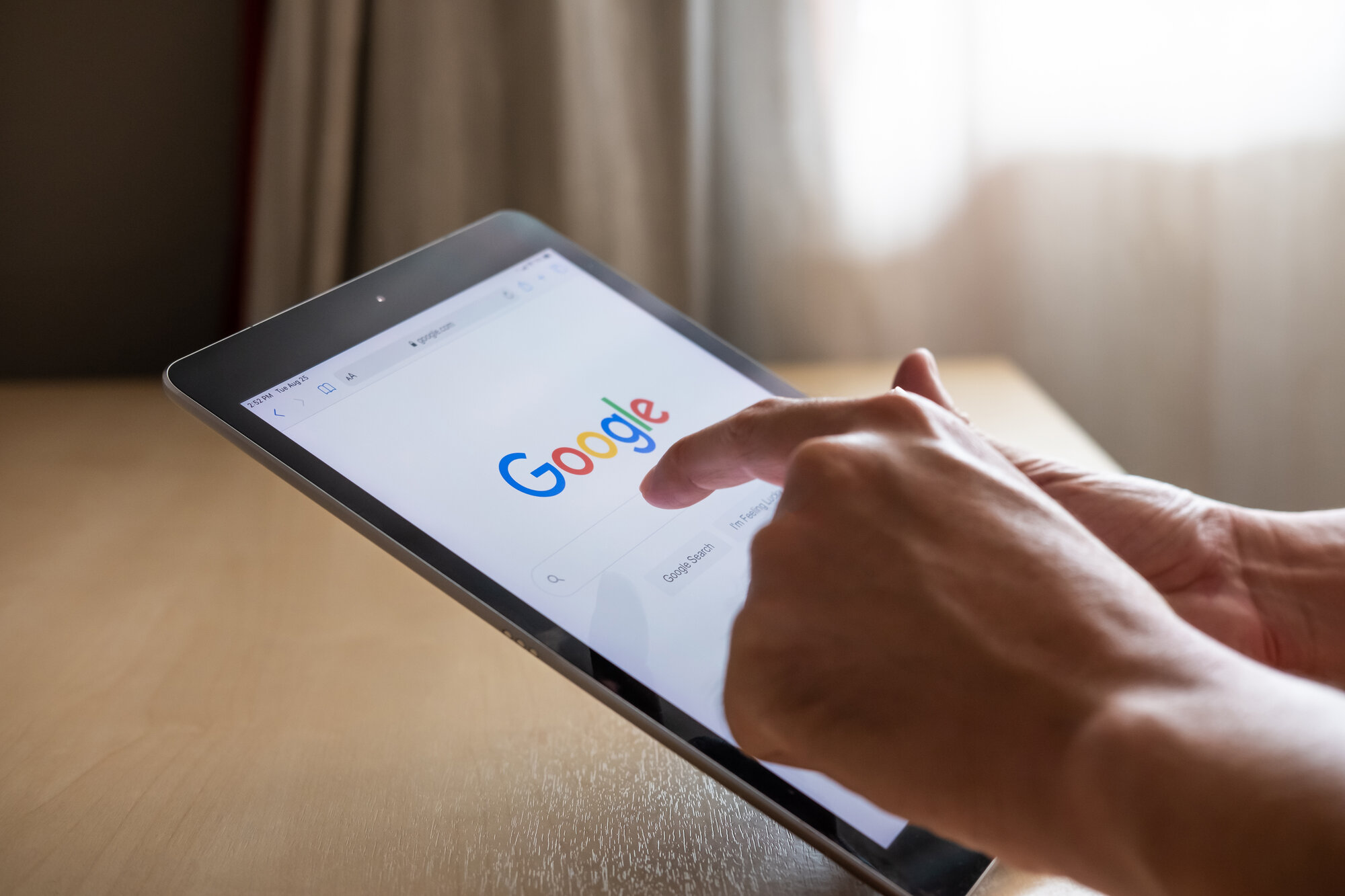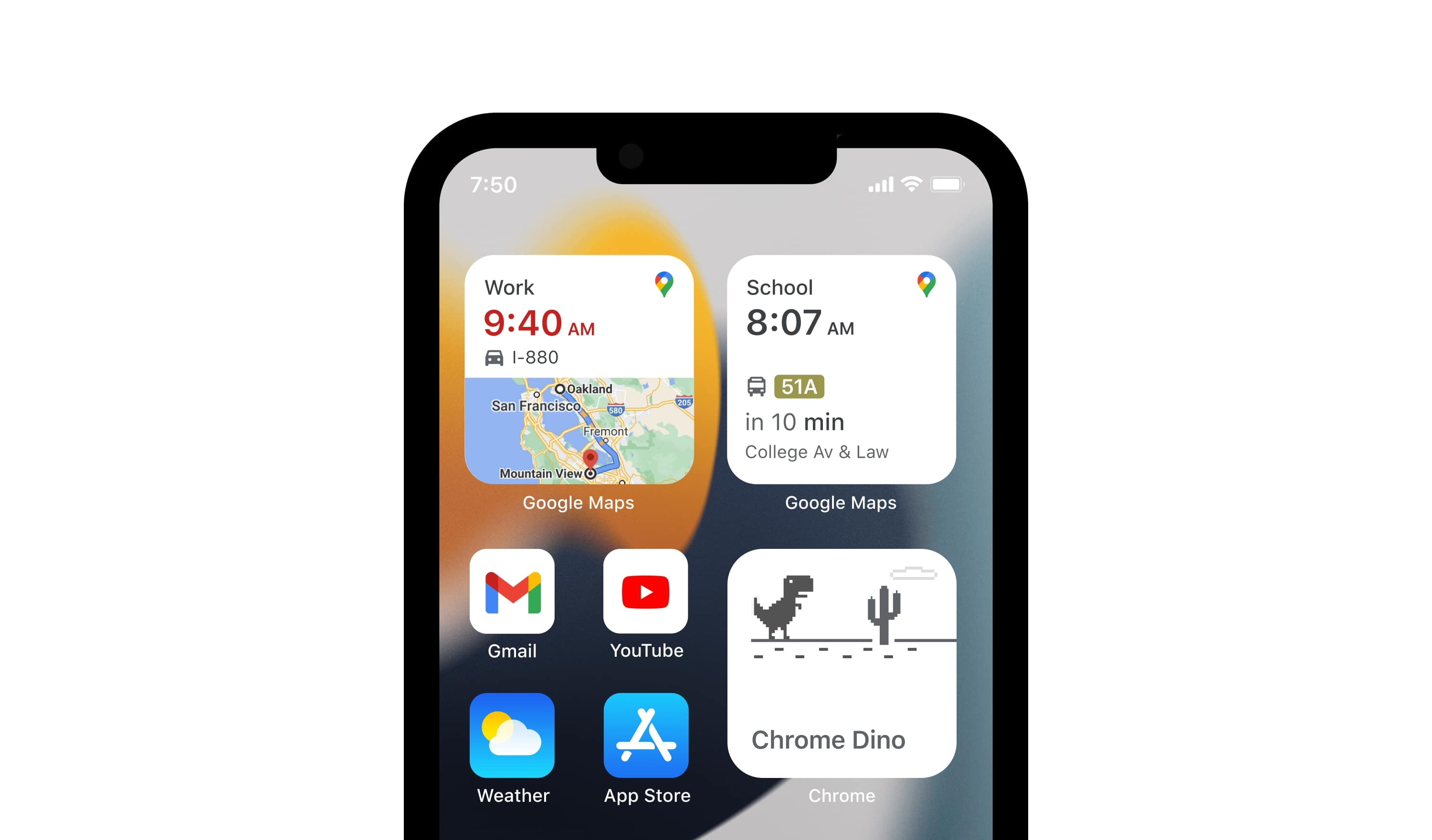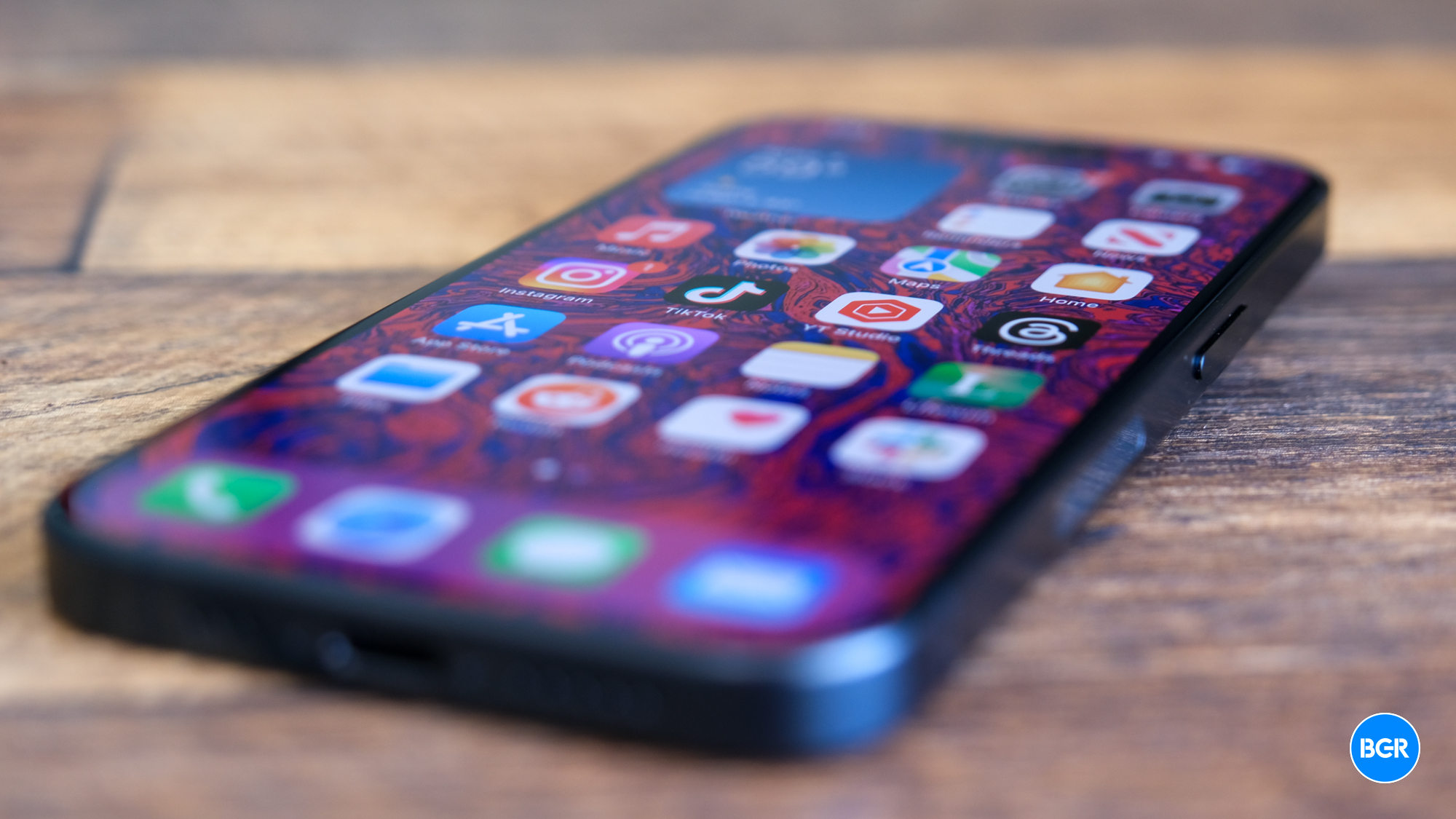No matter how much we search for free stuff, online or offline, there’s no such thing. Everything costs something. You pay for it with money or some other way. If it’s an offline free activity, maybe you pay with your time. And for everything available on the internet for free, you pay with your personal data, thus enabling targeted ads on your devices.
As a longtime iPhone and Mac user, I can access all of Apple’s software for “free”. Of course, I pay for the hardware and Apple services that I use frequently. And I pay again each time I upgrade my iPhone, Mac, and accessories.
Of course, I also use several key Google apps. They’re ingrained into my iPhone experience. Since they’re also “free”. I’m part of the massive collective of iPhone users whom Google pays tens of billions each year to access. And that means I pay for these “free” Google apps with my data.
Rather, I used to pay Google with my data.
That’s no longer the case. Google might be the default search engine on my iPhone, but it’s up to me to choose. And I guess I must be stealing Google apps now that I hardly use Google Search anywhere on my gadgets.
How I’m “stealing” Google apps
Stealing doesn’t mean pirating, of course. All you need to get started with Google apps is to create a Google account. Then, you have access to all the free Google apps. Google will handle the “payment” by tracking you online. Some of these apps require actual subscriptions, where you’ll pay money on top of agreeing to be tracked.
As I type this on a Mac, I could go and search for things online in a browser that’s not Chrome. Spoiler alert: Microsoft Edge is highly praised around the BGR office. My default search engine isn’t Google, and it’s not Bing either. It’s DuckDuckGo, which is good enough for my needs.
As a backup, I have ChatGPT Plus on call, which is plugged into the web now. It can be a handy resource for “googling” without using Google.

I also use DuckDuckGo on the iPhone for both incognito browsing and regular browsing. And I use Safari on iPhone rather than a competing product. It’s certainly not Chrome, and it’ll never be Google’s browser.
Just like that, I’ve eliminated Google Search from my internet experience. It hasn’t been easy, and it hasn’t been sudden. It took me a while to abandon Google Search. And if I have to use it, which has happened a few times when the results I got elsewhere were not good enough, I do it in private mode while logged out of my accounts. That means Google doesn’t get any of my data.
I might still pay for some apps…
I still use Gmail, Google Maps, and YouTube quite often. These are just a few of Google’s great apps I don’t see myself ditching. I will say that I hate how apps like YouTube force ads on you, but I can’t do anything about it. That means I do pay for YouTube access.
Finally, I’ll note that since I also test Google Bard occasionally, so I must be paying for that, too. You get ads in those generative AI experiences, and you feed data to Google.
And yes, Google can and probably tracks me on other websites. In turn, I pay for Google apps that way.

Overall, however, I’m not performing as many Google Searches as I used to. I haven’t been using Chrome for at least a couple of years, and that’s because it was such a resource hog on my Mac. Google might have fixed it, but I like Edge for the time being.
I can’t estimate how much money I’d make for Google, nor can I appreciate how many resources my use of Google apps might consume. But it’s clear at this point that I’m ready to leave Google without actually ditching the apps.
The best part is that Google can’t do anything about it. It can’t force me to pay a fee or to keep using Google Search. And I can make as many Google accounts as I need. Also, since I’m in the EU, I get extra protections from Big Tech — just ask Facebook.
Why I’m holding this grudge
Don’t get me wrong. I do appreciate Google. I would want to pay for great software like the kind Google makes. Moreover, I like what Google is doing in terms of user privacy, and Google Maps is the latest proof of that. But I also know that I have Apple to thank for that, and the regulators who are going after Big Tech, at least in Europe.
So you might ask, what has Google done wrong? Why am I holding this grudge? Well, this Wikipedia page is a good start: Privacy concerns regarding Google.
Unfortunately, I am old enough to have witnessed Google’s great growth, including all those privacy-related stumbles. I actually envy young Google users who will never have to deal with any of that.

Put it this way: I’ve never felt like I’ve been compensated for anything Google did to impact my privacy in the past. Like when it collected all that location data. Or tracked incognito mode web browsing, which led to the company settling a $5 billion lawsuit. The actual settlement figure has not been disclosed, but that was the original ask.
I wish Google would pioneer a new internet, one where the user doesn’t have to be tracked all the time. One where apps, services, and creators can thrive off of apps that aren’t highly targeted. An internet where I’ll happily embrace Google Search and pay my due for Google’s apps. On that note, I’d certainly hate to see Google Gemini AI power even scarier tracking campaigns.
I don’t know if any of that will happen. All I know is that I’m doing fine without Google Search in my life right now. But I’m not ready to fully abandon all of Google’s apps.







